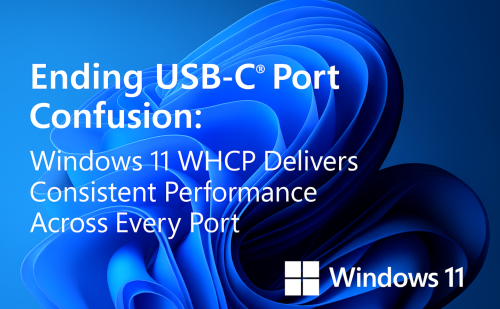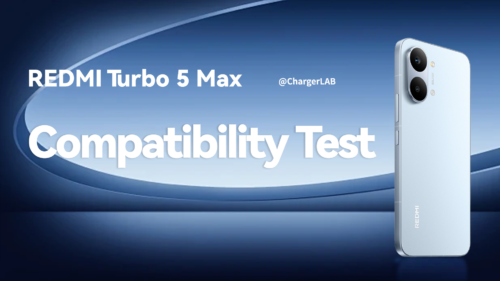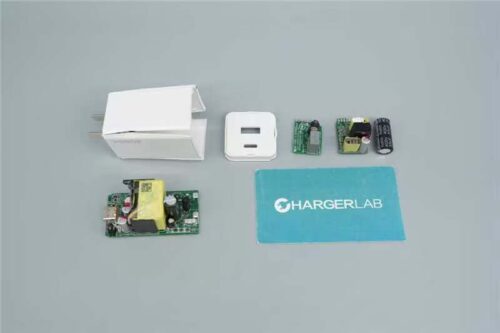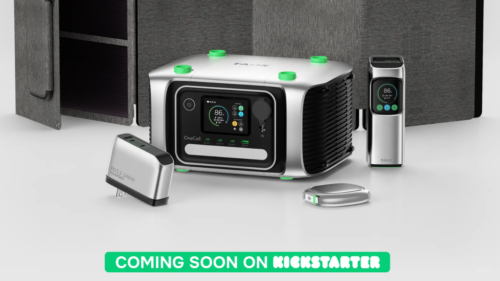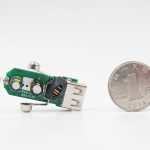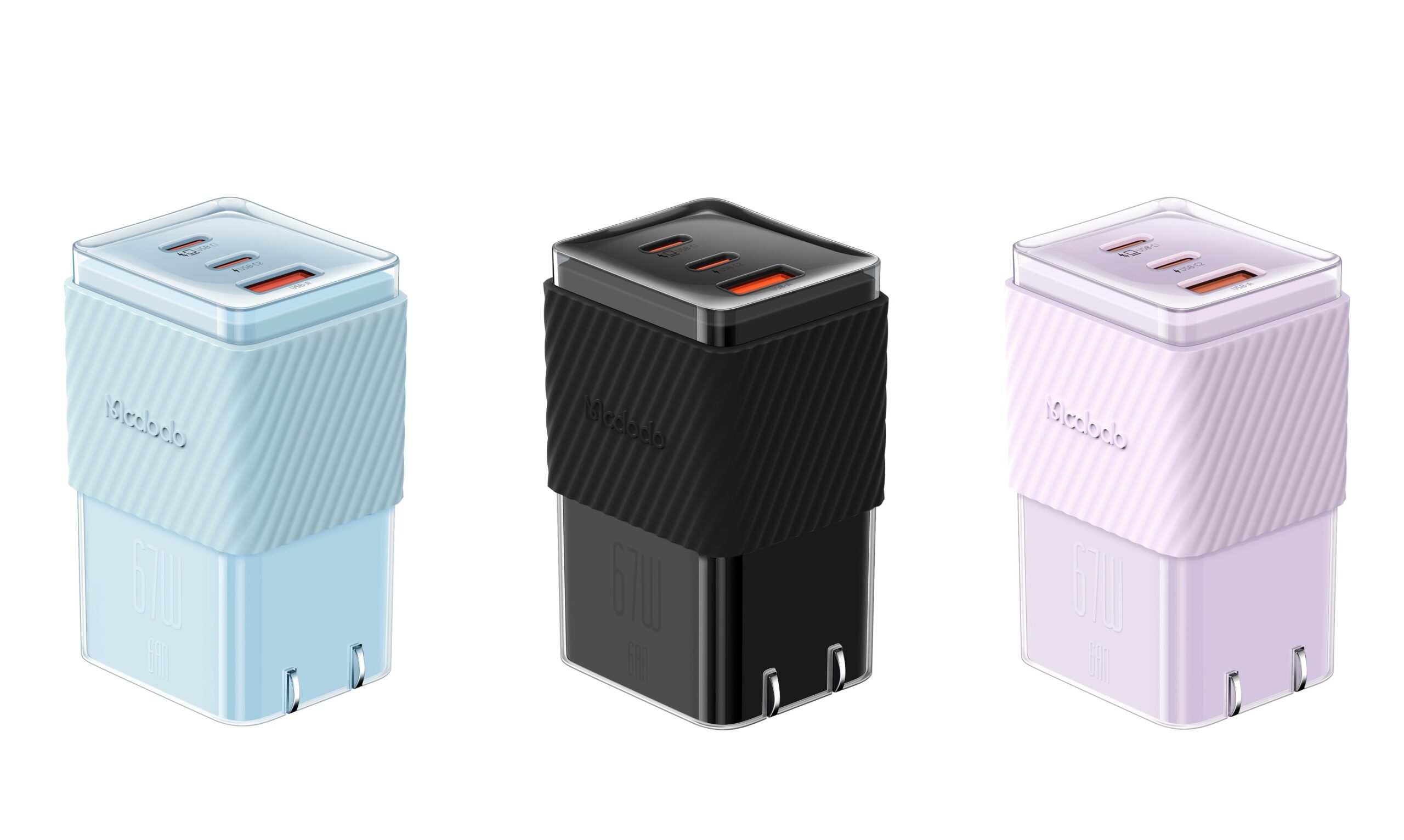Microsoft has announced a significant update to its Windows Hardware Compatibility Program (WHCP) with the release of Windows 11 version 24H2. This update aims to standardize USB-C port functionalities across certified devices, ensuring that all USB-C ports support data transfer, charging, and display capabilities.
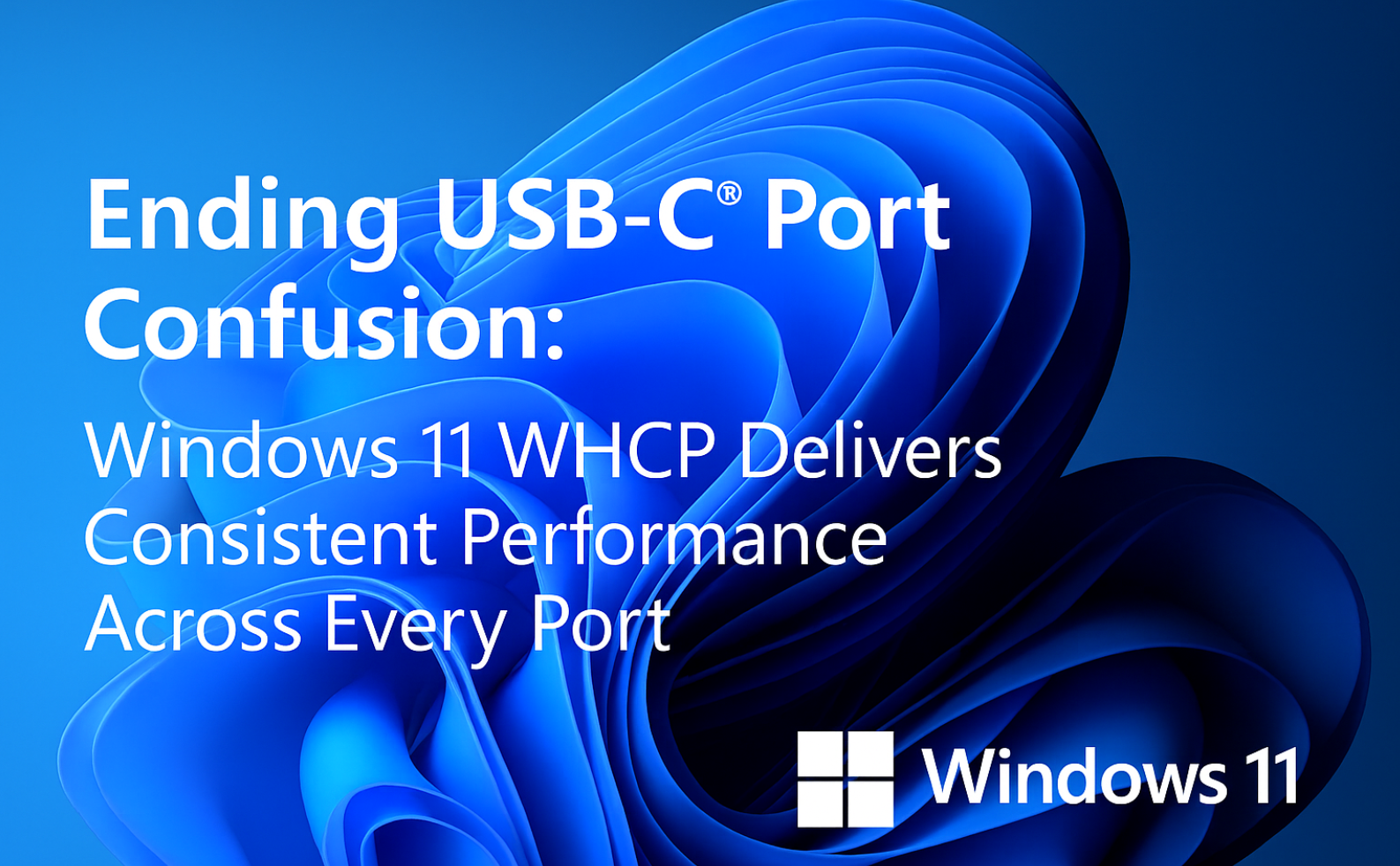
Previously, users faced confusion due to inconsistent implementations of USB-C ports across different devices. For instance, some ports would support charging but not display output, leading to user frustration. With the new WHCP guidelines, Microsoft mandates that all USB-C ports on certified Windows 11 devices must support USB Power Delivery for efficient charging, DisplayPort Alternate Mode for connecting monitors, and be compatible with USB 3.2 or higher standards for data transfer.
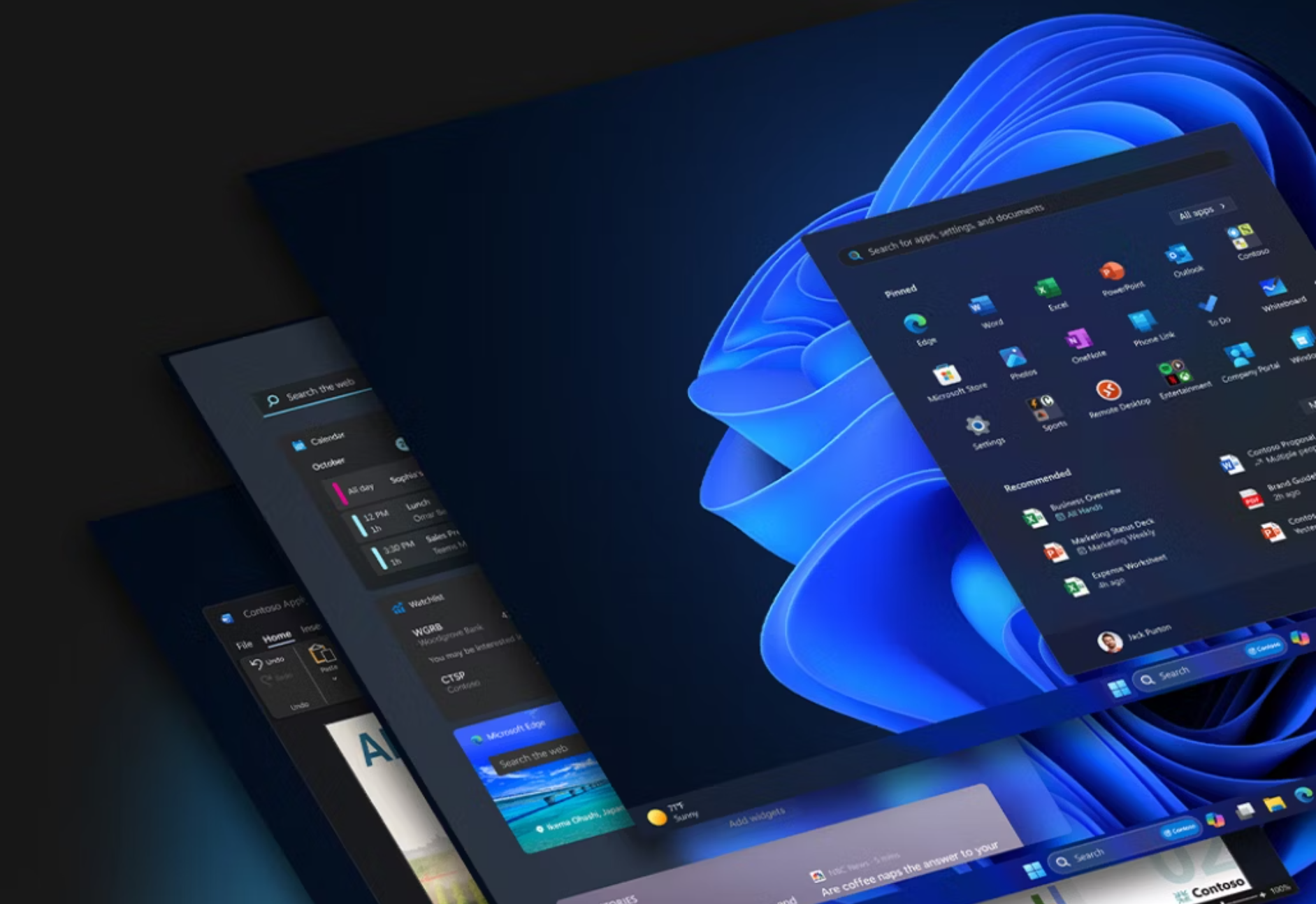
The update also ensures that systems advertising USB 40Gbps or 80Gbps speeds are fully compatible with USB4 and Thunderbolt 3 peripherals. This includes support for high-speed data transfers, dual 4K monitor setups, and seamless integration with external GPUs and NVMe enclosures. Microsoft emphasizes that these features will be consistently available across all USB-C ports on certified devices. To achieve this, Microsoft has introduced stringent testing requirements through the Windows Hardware Lab Kit (HLK). OEMs and accessory manufacturers must pass automated tests covering aspects like signaling timing, speed negotiation, power delivery, and display output to ensure compliance. Any failure in these tests halts certification until the issue is resolved.
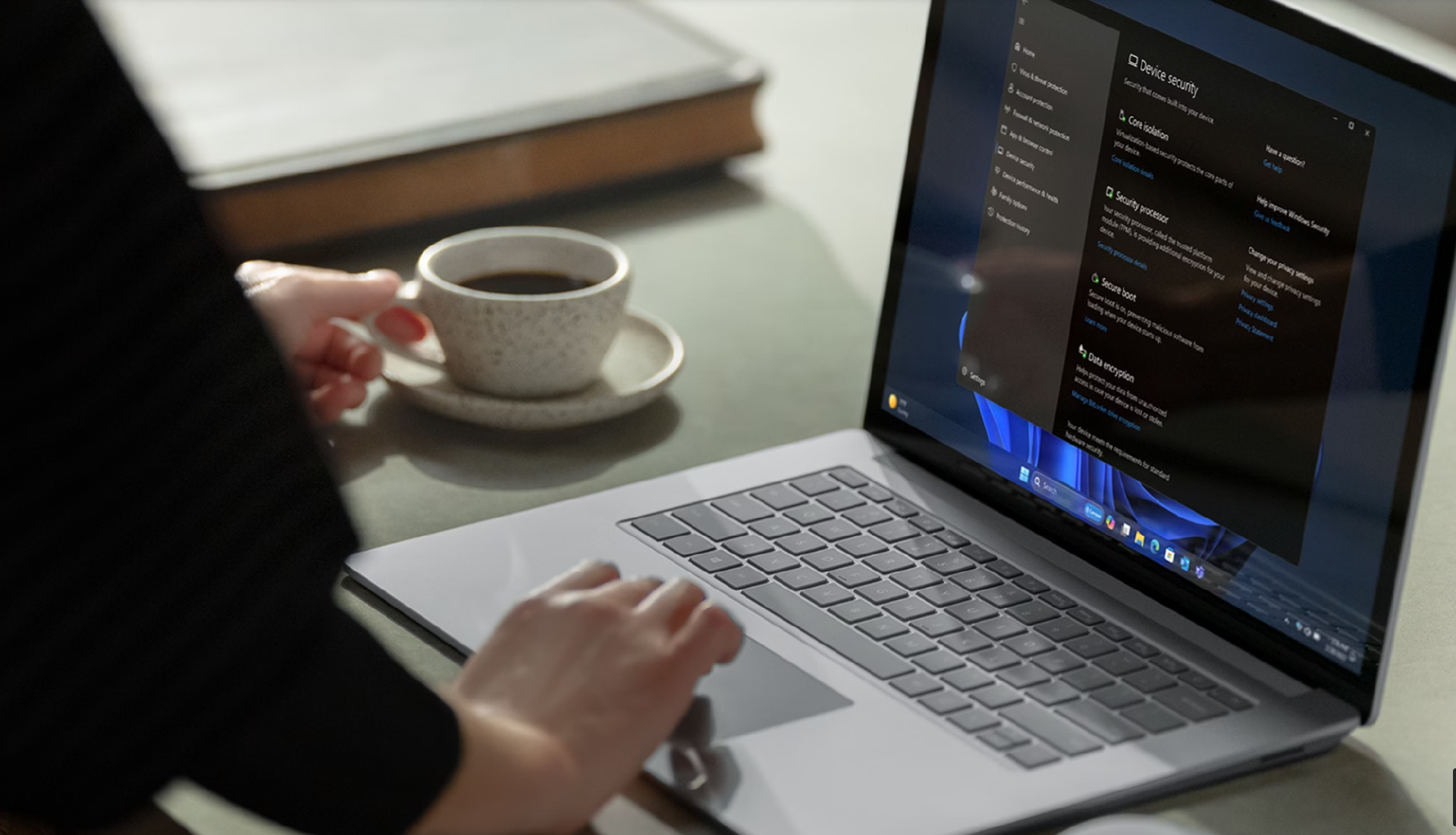
This move is expected to eliminate the guesswork for users, providing a more reliable and consistent USB-C experience across Windows 11 devices. Microsoft's commitment to these standards reflects its dedication to enhancing user satisfaction and device interoperability
Related Articles:
1. Microsoft Introduces New Windows 11 Battery Icon Update at March 4 Insider Meeting
2. 16-inch MacBook Pro (2021) After Upgrading to macOS 13.5 - ChargerLAB Compatibility 100
3. Charging Compatibility Test of Apple iPad Pro 2022 (M2)

